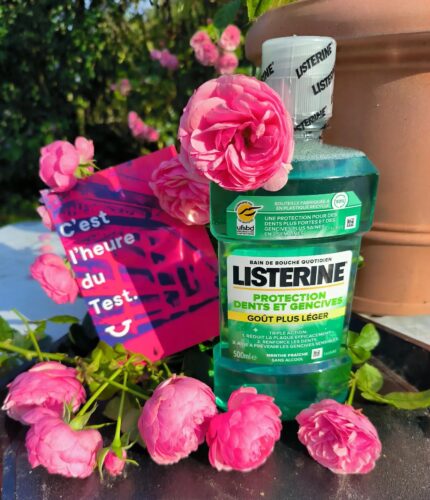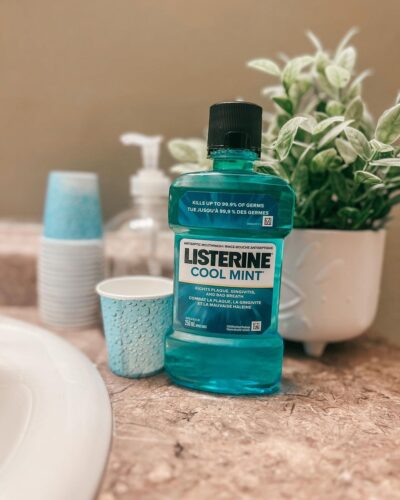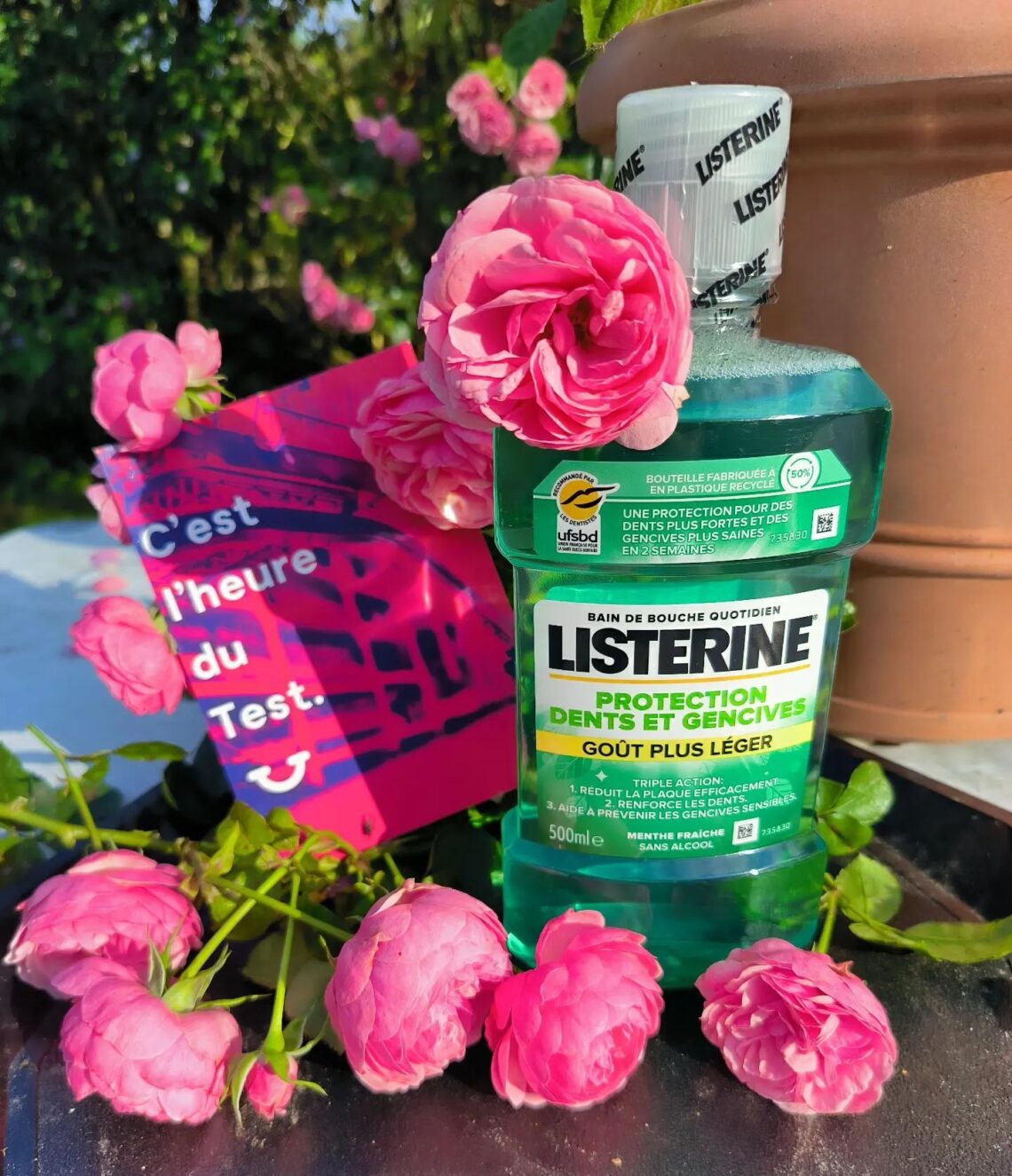Read the Listerine Uses in the Garden, as mouthwash uses are not just for the protection of your teeth, but they can benefit the plants too.
Explore the best Listerine Uses in the Garden, as mouthwashes are not only beneficial for your teeth health, but they also have wonderful uses for plants. Read ahead to learn more about the different mouthwash uses for plant health in this guide.
Read: How to Use Apple Cider Vinegar for Pests
Reason Behind Using Listerine for Plants?

- Available in almost every home.
- Easy to use.
- Safe for humans, so good for plants as well.
- Cost-effective.
How to Make: Just mix Listerine in water and use it on your plants as directed below.
Read: Companion Plants for Pest Control
Best Listerine Uses in the Garden

1. Control Aphids with Listerine
You can use Listerine to repel aphids. Before trying this remedy, do a patch test on a couple of leaves. If you notice yellow or burnt foliage after using this remedy, decrease the concentration of the Listerine mouthwash.
Recipe: Fill mouthwash and water in a spray bottle in equal ratios. Use it on the areas infected by aphids.
2. Stop Dogs and Cats from Peeing
Many pets in the house have this annoying habit of peeing around indoor plants. You can prevent this issue with the help of mouthwash.
Recipe: Mix Listerine and water in an equal ratio or use the undiluted mouthwash. Spray the solution around the areas where your dogs or cats pee.
How it Works: The intense smell of mouthwash keeps pets away from the sites where you spray Listerine.
3. Repel Powdery Mildew and Other Fungal Infections
Listerine holds powerful anti-fungal properties. You can use it to repel powdery mildew and other fungal infections from your plants.
Recipe: Mix 25% Listerine mouthwash with 75% water, fill this solution in a spray bottle, and use it on infected plants.
Read: First Signs of Spider Mites on Plants and How to Prevent Them
4. Make Fertilizer
One of the best uses of Listerine for plants is making a homemade lawn fertilizer from it.
Recipe 1: Mix 1 cup of each- Epsom salt, Ammonia, liquid dish soap, a can of beer, and Listerine in a large bowl. Fill it in a 20-gallon hose-end sprayer, and apply once every three weeks on plants.
Recipe 2: Another fertilizer recipe from Listerine is to blend 1 cup each of Ammonia, Epsom salt, Listerine, and mild liquid dish soap. Add this solution to a 20-gallon hose-end sprayer. Use it to feed shrubs, trees, and plants like ferns and hostas.
5. Disinfect Gardening Tools with Listerine
You can use mouthwash to disinfect the gardening tools; it will help you greatly prevent the spread of disease while pruning.
Recipe: Spray Listerine on the garden tools or soak them in it to avoid diseases.
6. Deter Mosquitoes
Everybody knows mosquitoes are irritating, but they cause more trouble when you want to relax in the garden. Here, you can use Listerine to repel mosquitoes in the garden.
Recipe: Just fill the mouthwash in a spray bottle and mist it around you, on your skin, and where mosquitoes buzz; that’s it!
NOTE: This remedy is not as powerful as DEET and commercial mosquito repellants, but it works and is safe due to Listerine comprising eucalyptol, which is a key ingredient in Eucalyptus-based mosquito repellants.
7. Prevent Foul Odor
Eliminate foul odor from your garden by using Listerine.
Recipe: Prepare a solution of water and Listerine in the same ratio, fill in a spray bottle, and spray on the areas with a bad smell. It will destroy the bacteria that work in the rotting procedure.
Read: Benefits of a Tablespoon of Sugar While Planting Something
Do Mouthwashes Like Listerine Have Any Side Effects on Plants?

- It is not proven that mouthwash can be poisonous or toxic for plants; conversely, it can benefit the plants.
- Common Listerine contains alcohol as one inactive element. The results can be adverse if you use it freely on plants without diluting.
- In some cases, you can use Listerine in undiluted form. For example, if your orchids are affected by crown rot and bacterial infection, you can use undiluted mouthwash on affected areas.
Read: Benefits of Using Lemon Juice for Orchids



